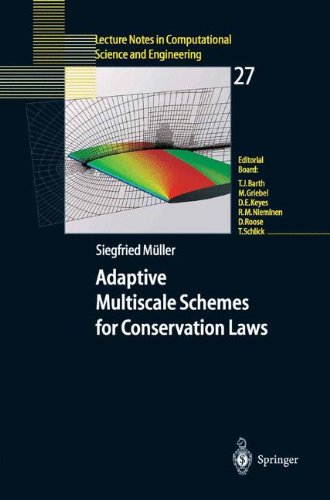

Most ebook files are in PDF format, so you can easily read them using various software such as Foxit Reader or directly on the Google Chrome browser.
Some ebook files are released by publishers in other formats such as .awz, .mobi, .epub, .fb2, etc. You may need to install specific software to read these formats on mobile/PC, such as Calibre.
Please read the tutorial at this link: https://ebookbell.com/faq
We offer FREE conversion to the popular formats you request; however, this may take some time. Therefore, right after payment, please email us, and we will try to provide the service as quickly as possible.
For some exceptional file formats or broken links (if any), please refrain from opening any disputes. Instead, email us first, and we will try to assist within a maximum of 6 hours.
EbookBell Team

5.0
18 reviewsDuring the last decade enormous progress has been achieved in the field of computational fluid dynamics. This became possible by the development of robust and high-order accurate numerical algorithms as well as the construc tion of enhanced computer hardware, e. g. , parallel and vector architectures, workstation clusters. All these improvements allow the numerical simulation of real world problems arising for instance in automotive and aviation indus try. Nowadays numerical simulations may be considered as an indispensable tool in the design of engineering devices complementing or avoiding expen sive experiments. In order to obtain qualitatively as well as quantitatively reliable results the complexity of the applications continuously increases due to the demand of resolving more details of the real world configuration as well as taking better physical models into account, e. g. , turbulence, real gas or aeroelasticity. Although the speed and memory of computer hardware are currently doubled approximately every 18 months according to Moore's law, this will not be sufficient to cope with the increasing complexity required by uniform discretizations. The future task will be to optimize the utilization of the available re sources. Therefore new numerical algorithms have to be developed with a computational complexity that can be termed nearly optimal in the sense that storage and computational expense remain proportional to the "inher ent complexity" (a term that will be made clearer later) problem. This leads to adaptive concepts which correspond in a natural way to unstructured grids.